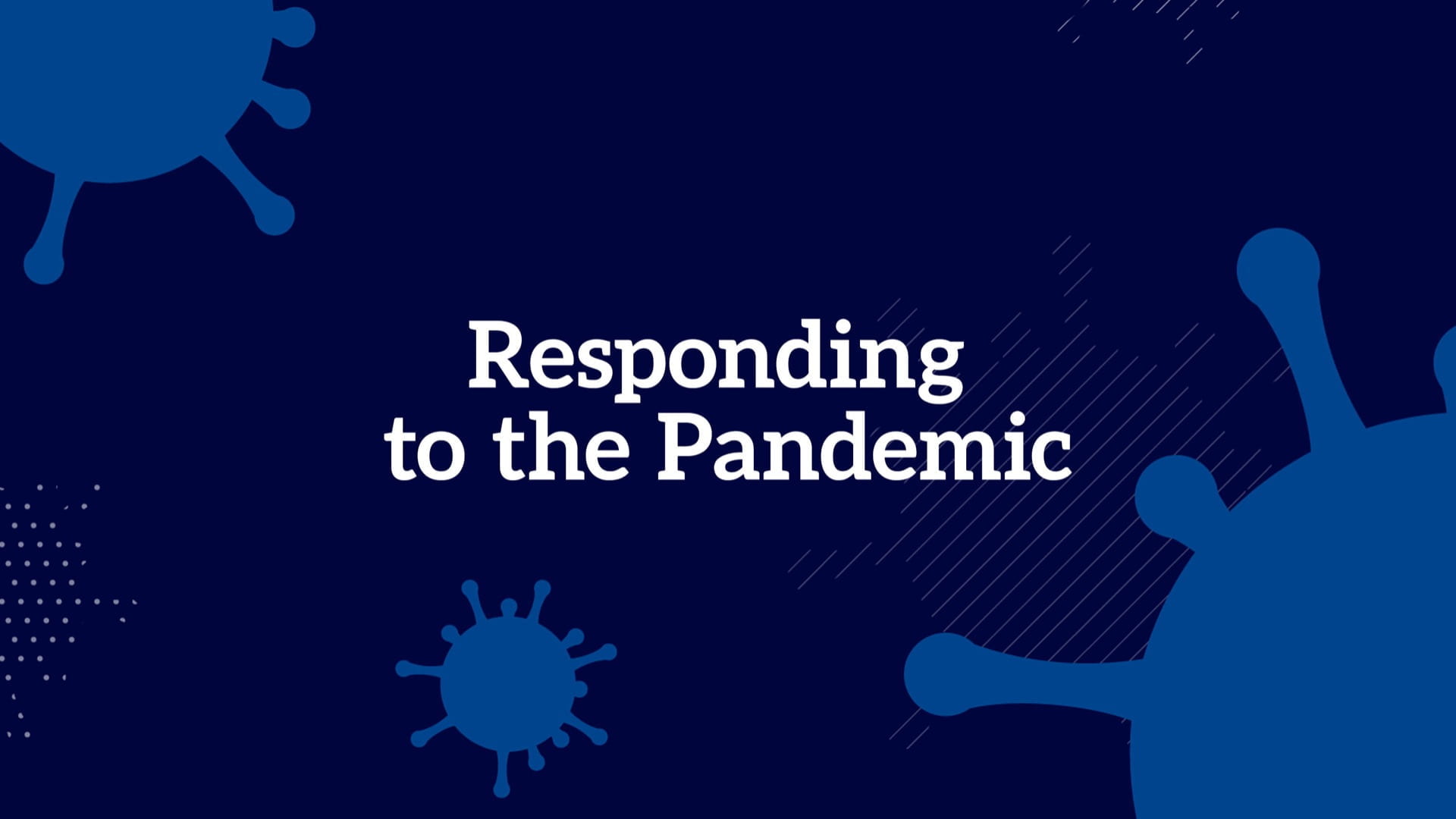How the pandemic is affecting our communities, our lives, and our bodies
How the pandemic is affecting our communities, our lives, and our bodies
Margeaux Gray, assistant research professor of biobehavioral health, and Orfeu Buxton, professor of biobehavioral health, typically research sleep, but the urgency of the pandemic has led them to new areas of study.
“Our lab had previous experience measuring cortisol from hair samples in our sleep research,” Gray explained. “Cortisol is a stress hormone that can affect people’s sleep. When Penn State’s Data 4 Action project was being organized, the study organizers reached out to Dr. Buxton and me because of our cortisol measurement experience. We were excited to collaborate on this extremely important work.”
Data 4 Action
The Data 4 Action research project comprises dozens of researchers from around Penn State who are documenting how the pandemic is impacting the lives of Centre County residents and their experiences as they return to work and school. Data 4 Action is a collaboration among Penn State’s Social Science Research Institute, the Huck Institutes of the Life Sciences, and the Clinical and Translational Science Institute. Together, the researchers are working to understand how the pandemic is affecting physical health, economic wellbeing, social interactions, education, and more.
Learn more about Data 4 Action
Data 4 Action Website
This website provides details about the study, explains how Centre County residents and Penn State University Park students can participate, and presents preliminary data.
The Symbiotic Podcast
S02 E07: Collecting COVID-19 Data 4 Action
In the short term, Data 4 Action will enable Centre County officials and Penn State administrators to make informed policy decisions and the public to make informed decisions about personal choices. Longer-term, the study will provide insights about pandemics and stressful events that could be generalized to shape policy and scientific responses to future crises.
Gray and Buxton are contributing to research where people from around Centre County are surveyed about their experiences during the pandemic, and biological measures—including whether they have been infected with COVID-19 and their cortisol levels—are tested through hair, saliva, and blood samples. In the first wave of data collection, researchers gathered these data from nearly 1,500 full-time Centre County residents. Researchers are also collecting survey data and biological samples from around 1,000 Penn State University Park students.
Cortisol, stress, sleep, and health
Cortisol helps regulate—among other things—mood and fear. It also affects health, including the ability to sleep and blood pressure. Elevated cortisol levels over time have been linked to depression, digestive concerns, and other health problems.
About Cortisol
Cortisol is a hormone made in the adrenal glands. Among other things it helps regulate blood sugar and metabolism. Problems with cortisol can lead to issues with:
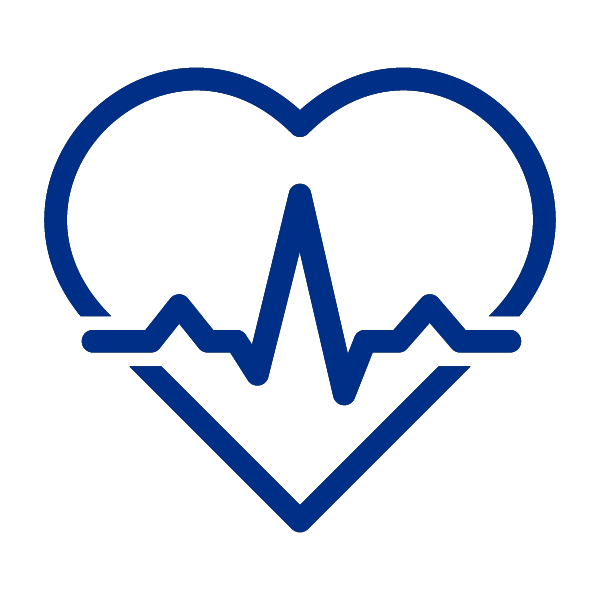
Heart Disease
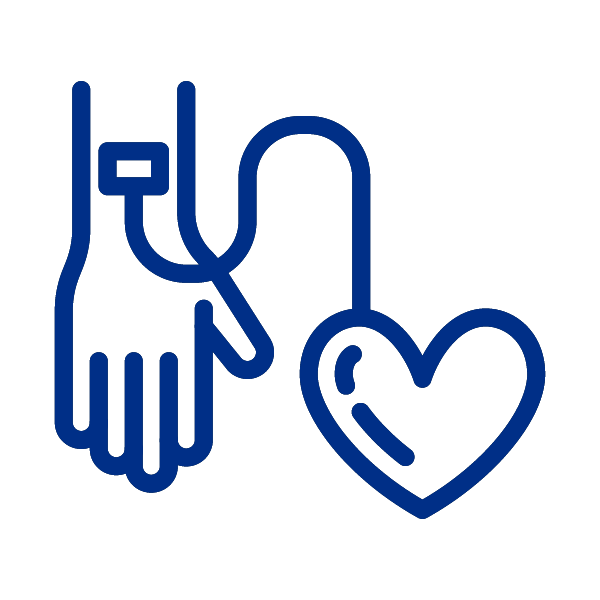
Blood Pressure
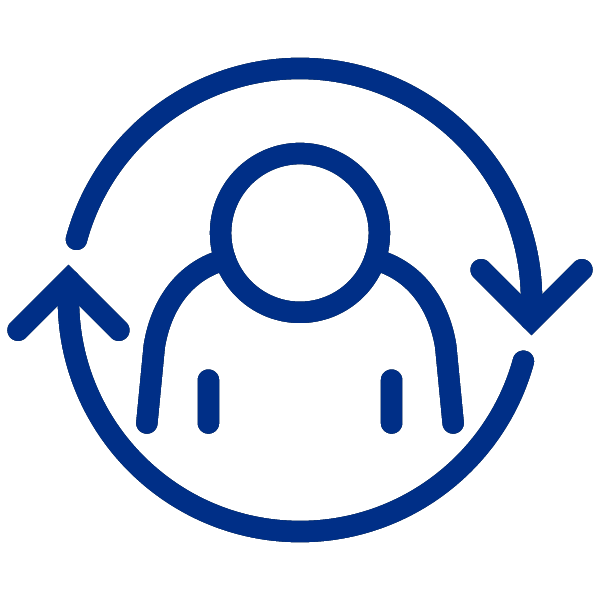
Anxiety
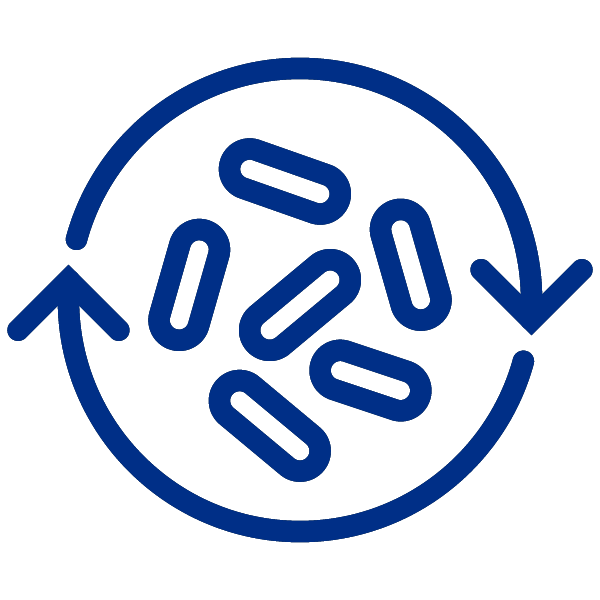
Digestive Issues
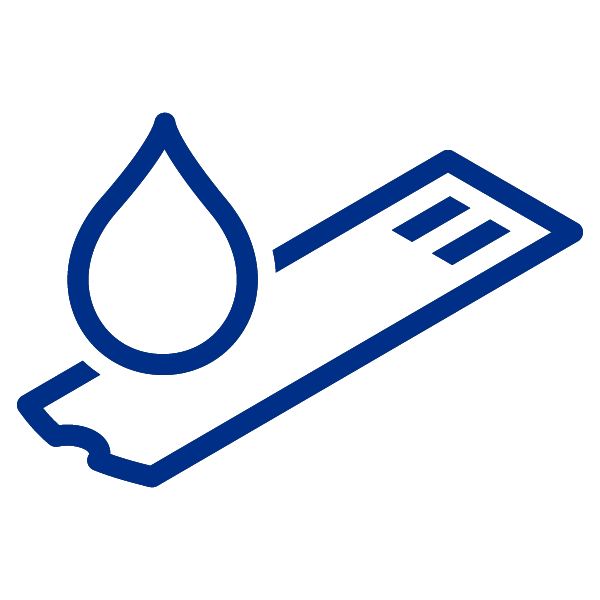
Blood Sugar

Immune System Response
By studying hair samples, researchers can obtain a retrospective look at recent stress levels. Gray, Buxton, and their collaborators will examine cortisol levels and compare them to stress levels that study participants reported in surveys. This will demonstrate how people perceived stress and experienced it biologically during the pandemic.
“There are negative health outcomes for people who cope with elevated levels of cortisol for a long time,” said Gray. “By learning the immediate, and possibly long-term, effects of a pandemic on stress and cortisol, we may be able to prepare for stress-related health issues related to the pandemic.”
Understanding population shifts for future pandemics
The cortisol analysis will contribute to one of the goals of the larger Data 4 Action project: understanding what happens when many people from a broad geography enter a largely isolated, rural community during a pandemic.
“The larger project is going to serve as a model of infectious risk assessment in communities with large population influxes,” Gray explained. “This will be useful at universities, but also at military bases, resorts, and refugee settings. Places that experience a population shift— similar to when students assemble at Penn State from around the nation— will be able to learn and plan based on Centre County’s experience during this pandemic.”
“Places that experience a population shift— similar to when students assemble at Penn State from around the nation— will be able to learn and plan based on Centre County’s experience during this pandemic.”
Researchers supporting undergraduates and undergraduates supporting research
Despite the challenges associated with performing research during a pandemic, many undergraduate students have risen to the challenge of getting involved. The hair sample study has involved undergraduates—many of whom were struggling to acquire clinic experience due to the number of opportunities that disappeared in 2020—in ways that account for each undergraduate’s safety and level of comfort with human contact.
“In this project, we’ve been able to involve undergraduate students in data processing where there is no human contact, in biological sample management where there is contact with human elements but no contact with people, or in guiding research participants through the sample collection process where the students are working directly with people,” Gray explained. “For the students who want to work directly with participants, many safety precautions and approvals are required, but we work with them to make it possible. We are thrilled to offer these research experiences to our students, and they are doing a great job.”
Read more about other HHD students’ experiences at Penn State during the pandemic.
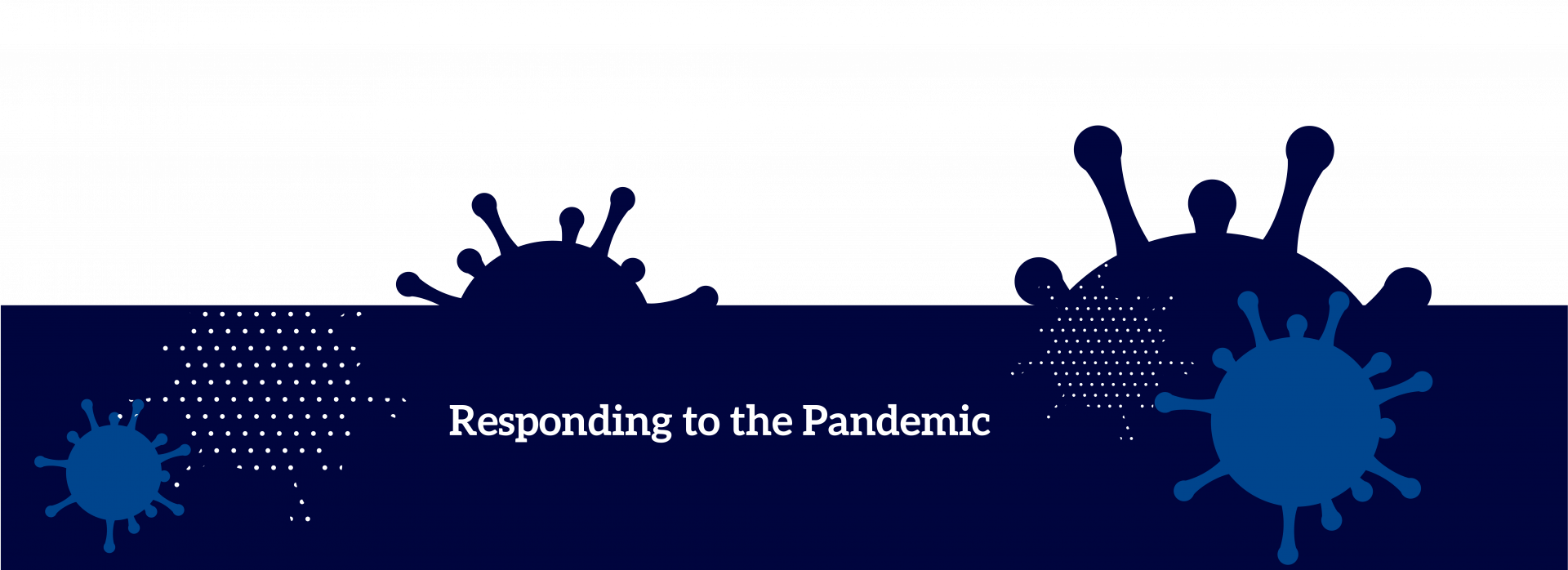
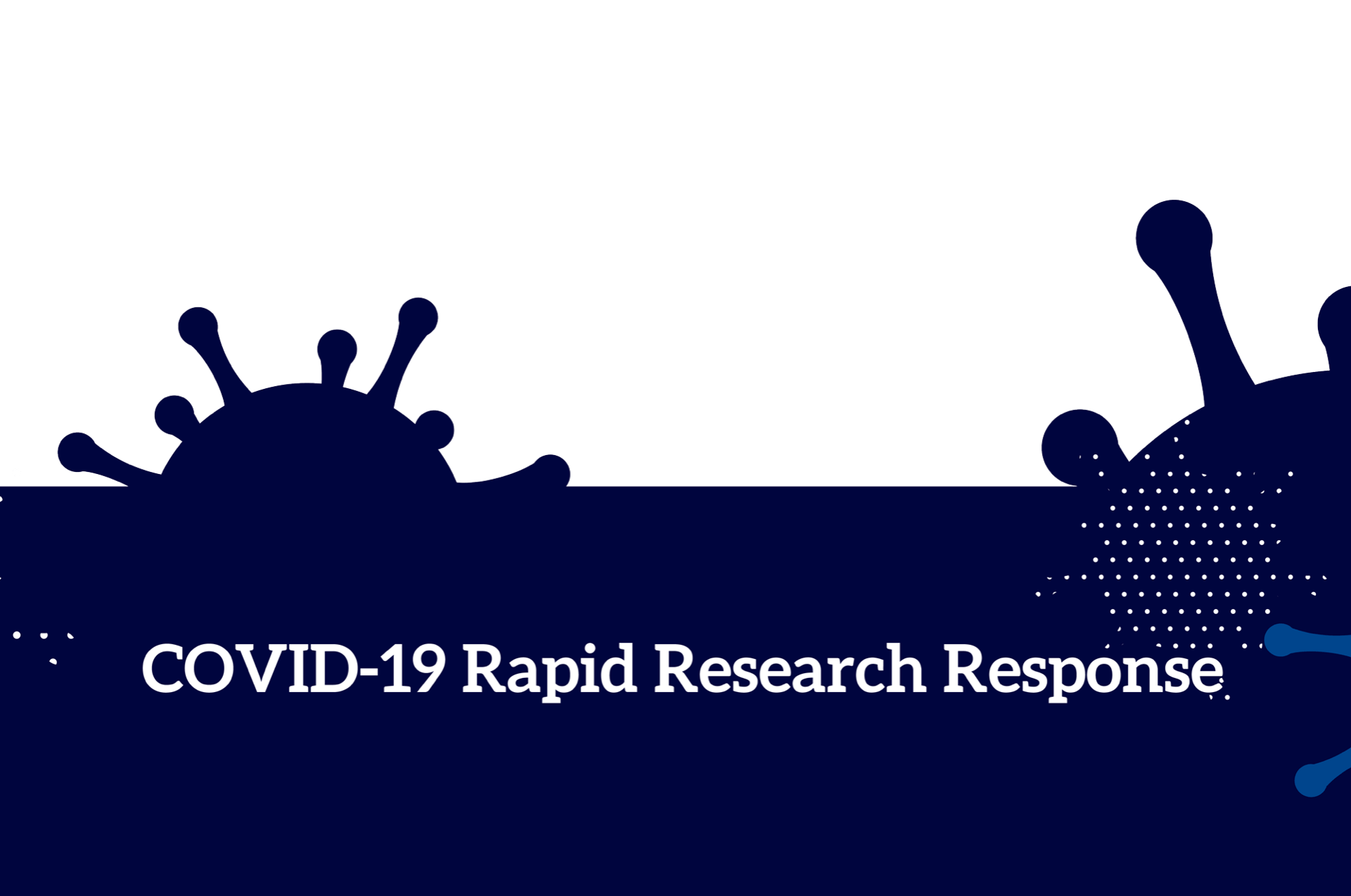
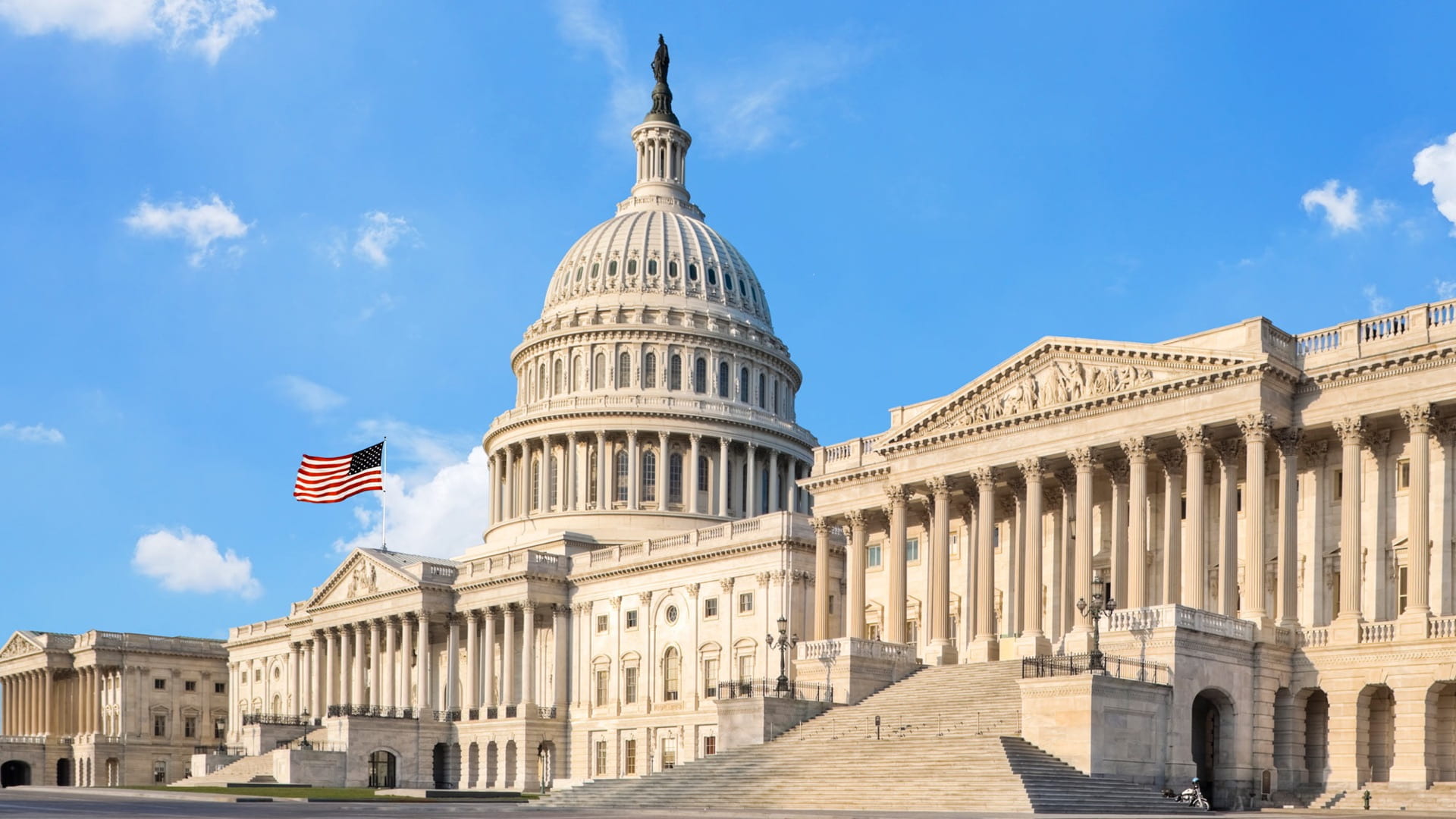
Mincing words: Making research available to policymakers during COVID-19
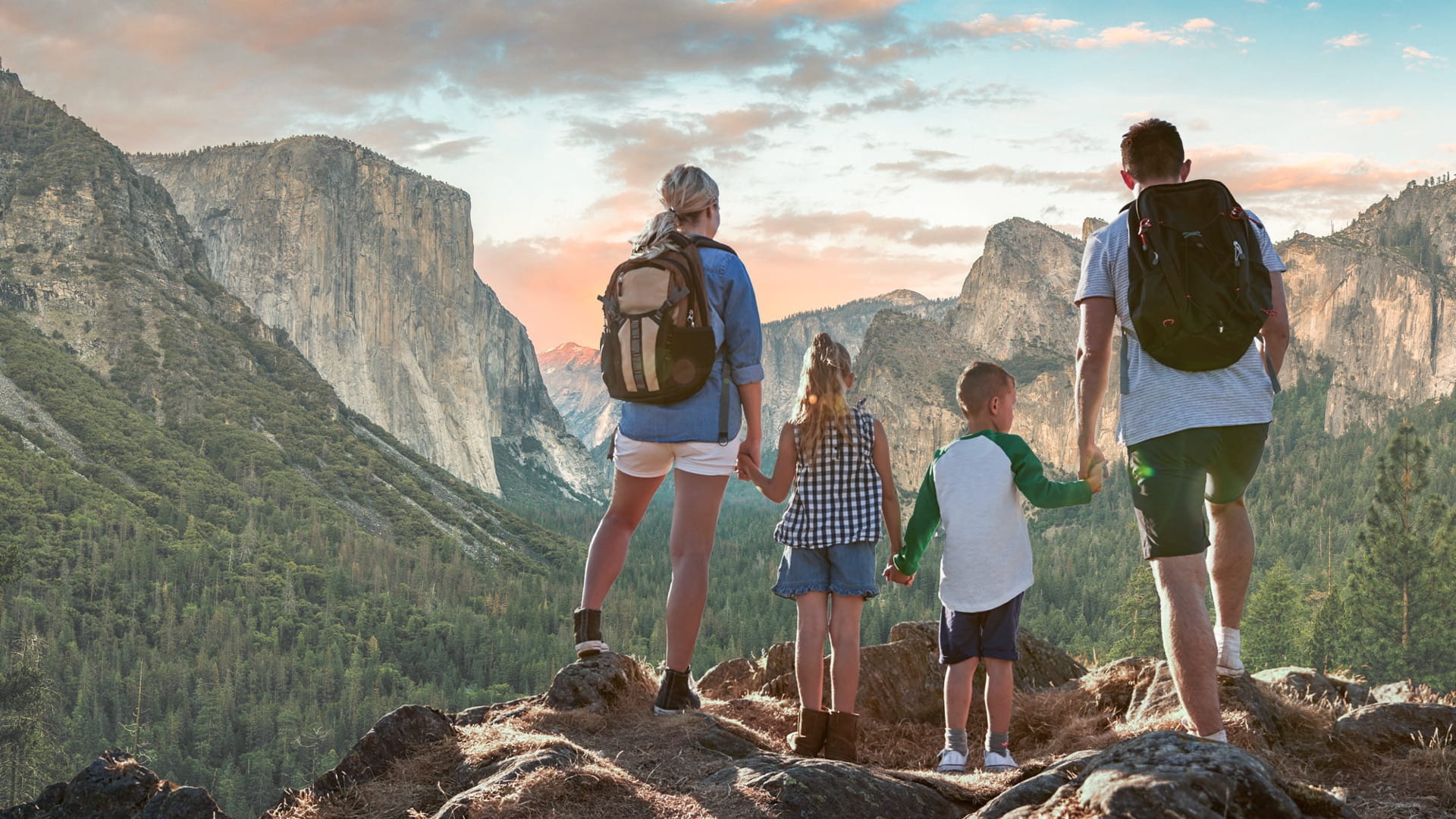
Rules of the wild: How America’s Wild Spaces are Adapting to the Pandemic
